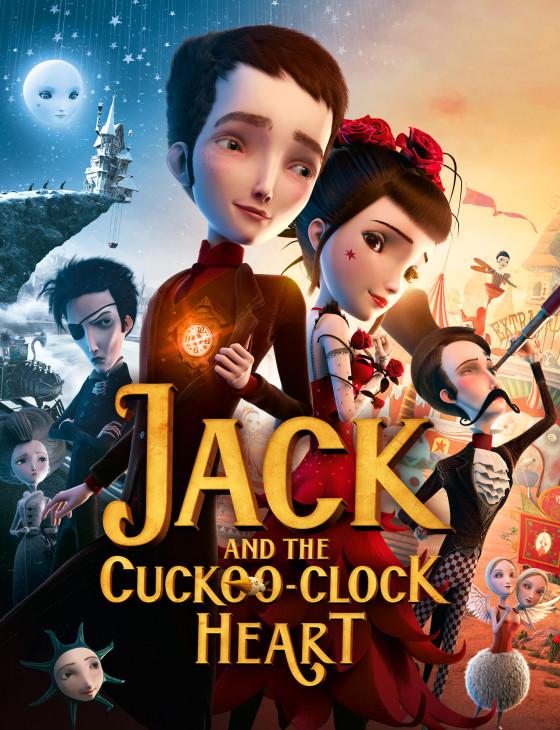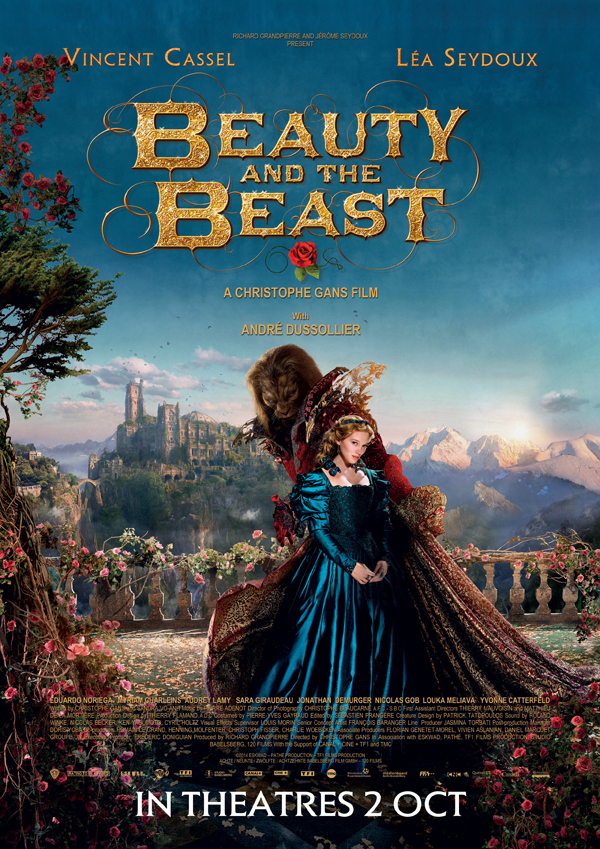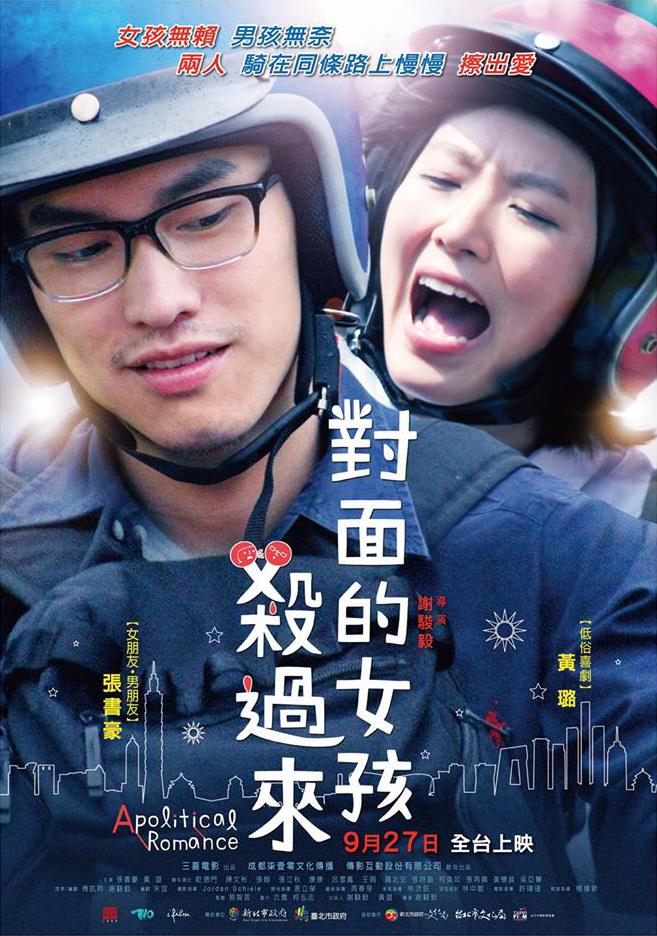Anyone who’s been confounded by bureaucracy at work will know that it’s no laughing matter. Indeed, it can be the most frustrating thing in the world when an obvious solution presents itself, but red tape or bungling co-workers insist on getting in the way. It’s a lot funnier when someone else is suffering the quiet ignominy of office politics, however, as evidenced by sparkling – if occasionally tedious – French political farce Quai D’Orsay (The French Minister).
The last thing Arthur Vlaminck (Raphaël Personnaz) expects is to get a phone call summoning him to an interview at the Ministry of Foreign Affairs (known colloquially as Quai D’Orsay due to its location on the left bank of the Seine). He meets Minister Alexandre Taillard de Worms (Thierry Lhermitte) in a whirlwind interview, and is sufficiently impressed to agree to join the ministry as a speechwriter. As he meets his new co-workers, including the Minister’s long-suffering chief-of-staff, Claude (Niels Arestrup), Arthur begins to realise that his boss’ public persona might not quite reflect his private concerns or capabilities.
Anyone anticipating a grave, serious-minded look at the intricacies of French diplomacy should take note – Quai D’Orsay is really a raucous workplace comedy that happens to take place in the hallowed halls of the French Foreign Ministry. It’s not that foreign affairs and public policy don’t feature – they do. There’s a ring of veracity to the proceedings, likely due to the fact that the film is based on the eponymous comic book by Antonin Baudry, which recounts his own experiences as a speechwriter for real-life Foreign Minister Dominique de Villepin.
But the emphasis here is firmly on the comedy of the situation. Arthur’s optimism begins to fade as he’s plunged into workaday reality, much of which involves the minister’s staff frantically fixing problems while he storms around in the background and screams truisms lifted wholesale from Greek philosopher Heraclitus. There’s something almost tragic to Arthur’s increasingly desperate attempts to write the perfect speech for Taillard de Worms – it goes through several iterations, the focus shifting (oftentimes nonsensically) as the minister’s moods dance, sway and waltz away with logic and good sense. At every turn, Claude is frustrated in his noble efforts to ward off a crisis in Lousdemistan – a surrogate for Iraq – by bickering colleagues and the fretful fluttering of his foolish boss.
The film is constructed firmly around Lhermitte’s breathless and, ultimately, breathtaking performance. Taillard de Worms is a character who is, in effect, a human hurricane: he literally churns up paper flurries (and thereby makes a mess) whenever he enters a room, flinging out pompous statements in jogging shorts or dragging down a meeting with non sequiturs. A lesser actor would not have been able to play the minister’s curious blend of insanity and incompetence – one which somehow works just well enough to make it credible that this character is somehow still in power. But Lhermitte does so with flair to spare, whether Taillard de Worms is obsessively speechifying about the importance of yellow highlighters or terrorising a Nobel Laureate at lunch.
While the film largely works quite well as a farce, Quai D’Orsay suffers somewhat in its editing. After a point, Arthur’s travails and his encounters with Taillard de Worms grow repetitive and even tedious, particularly when the film nears the two-hour mark. That could be partly the point – imagine what it must really be like to live and work with someone like Taillard de Worms day after crazy day – but there’s really only so much bumbling incompetence one can take before the comedy becomes a tragedy. Tavernier’s film is smart and savvy in its satire but, like its main character, starts to grate on one’s nerves the longer it belabours the same point.
Basically: A sparkling, if occasionally forced, farce anchored by a larger-than-life central performance.














